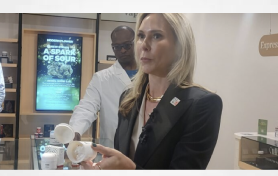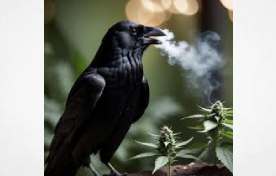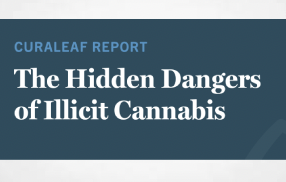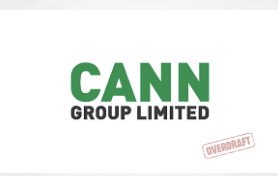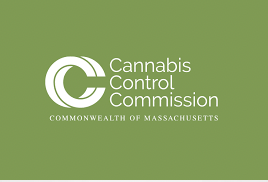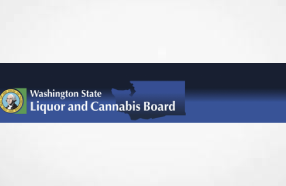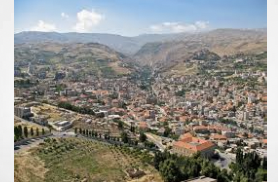Timely piece now that the Israelis have extended to bombing the Bekka valley
Here’s the introduction
Lebanon’s Bekka Valley has long been associated with cannabis. As Israel increases its military activity against Hezbollah, the future looks uncertain for the Middle East’s hashish heartlands.
About an hour’s drive east of Lebanon’s capital city, Beirut, is the Bekaa Valley, the Sinaloa of the Middle East. A lawless plain flanked on either side by mountain ranges ruled by semi-feudal tribal clans and Hezbollah, an Islamist militia and the world’s mightiest non-state army. Police only exist here as a formality. Once described in the US Congress as “the world’s largest drug field,” the Bekaa has long been out of reach of the central authority in Beirut, hiding thousands of farreen (fugitives).
I drove past farms and vineyards; past ramshackle refugee camps, little more than tents; past Sunni, Shia and Christian villages, the Shia villages with yellow-and-green Hezbollah flags flapping on their roofs; past the marble pillars of Baalbek, the best-preserved Roman ruins in the world. And then I stopped. There, by the side of the road, were green fields of cannabis as far as the eye could see, like looking at a cornfield in Nebraska. On the neighbouring field, a sprinkler was watering the crops.
As Israel mounts an invasion of Lebanon to oust its nemesis Hezbollah, it’s unclear what will happen to the drugs industry, which has historically flourished despite, and indeed because of, war and occupation.
Lebanon’s hash history
Arab and Ottoman writings credit Sufi mystics with introducing hashish from the east, but it wasn’t until the 1920s, while Lebanon was a French colony, sorry, “mandate”, that hash became big business. Greece had just imposed prohibition, cutting the Egyptians – the biggest stoners in the region – off from their plug. Farming moved to the Bekaa Valley, which provided the ideal sunny climate for cultivating high-grade hash. Soft, crumbly, with a piney aroma and a distinctly reddish hue, the legendary Lebanese Red was a huge global hit. This is what narco-nerds refer to as the balloon effect: if you suppress the drugs industry in one place, it simply relocates elsewhere. Although the French forbade cannabis cultivation in 1926, the colonial coffers were handsomely filled by wealthy, influential landowners to look the other way.
By favouring the Christians, the French left Lebanon a deeply polarised society at independence in 1943, a situation later aggravated by the arrival of hundreds of thousands of Palestinian refugees, upsetting the delicate sectarian balance. Everyone had guns and in 1975, the tensions erupted into a civil war. Fearing a power vacuum on his doorstep, Syrian dictator Hafez al-Assad ordered his troops into the Bekaa, while in 1982 Israeli tanks rolled through Beirut, smoking out Palestinian guerrillas. The Israelis would occupy southern Lebanon until 2006. Massacres and revenge massacres took place, the bloodiest when the Christian Phalangist militia entered the Sabra and Shatila refugee camps and slaughtered their inhabitants while Israeli soldiers stood by.
Find out more



